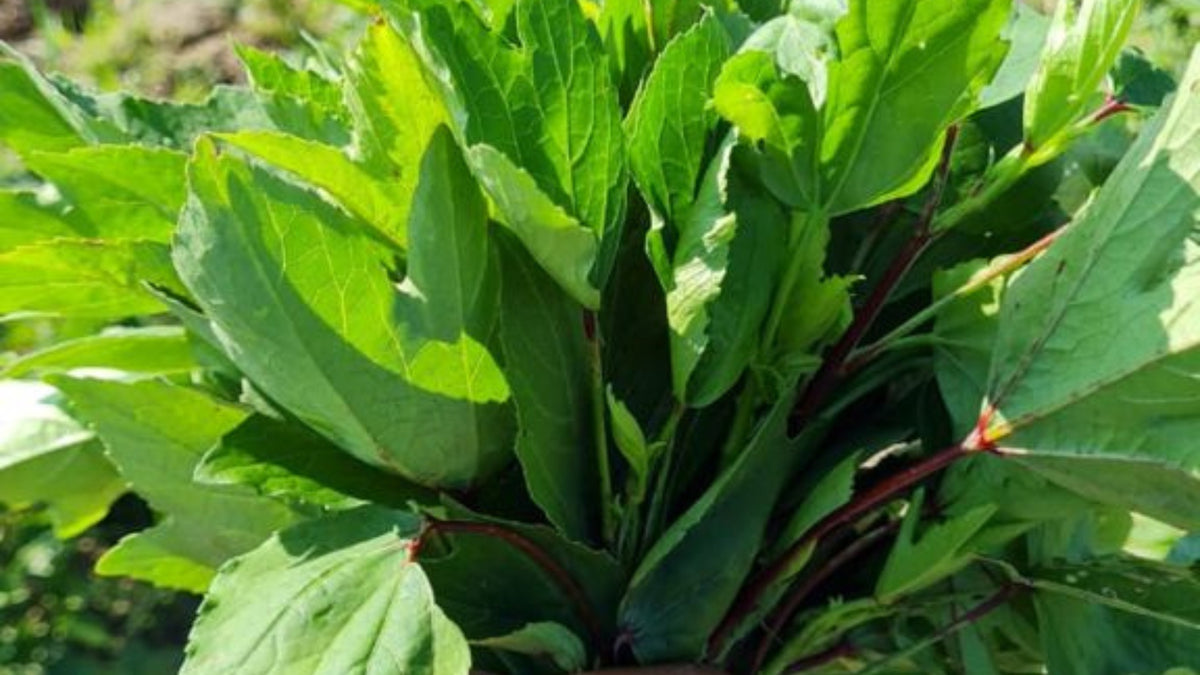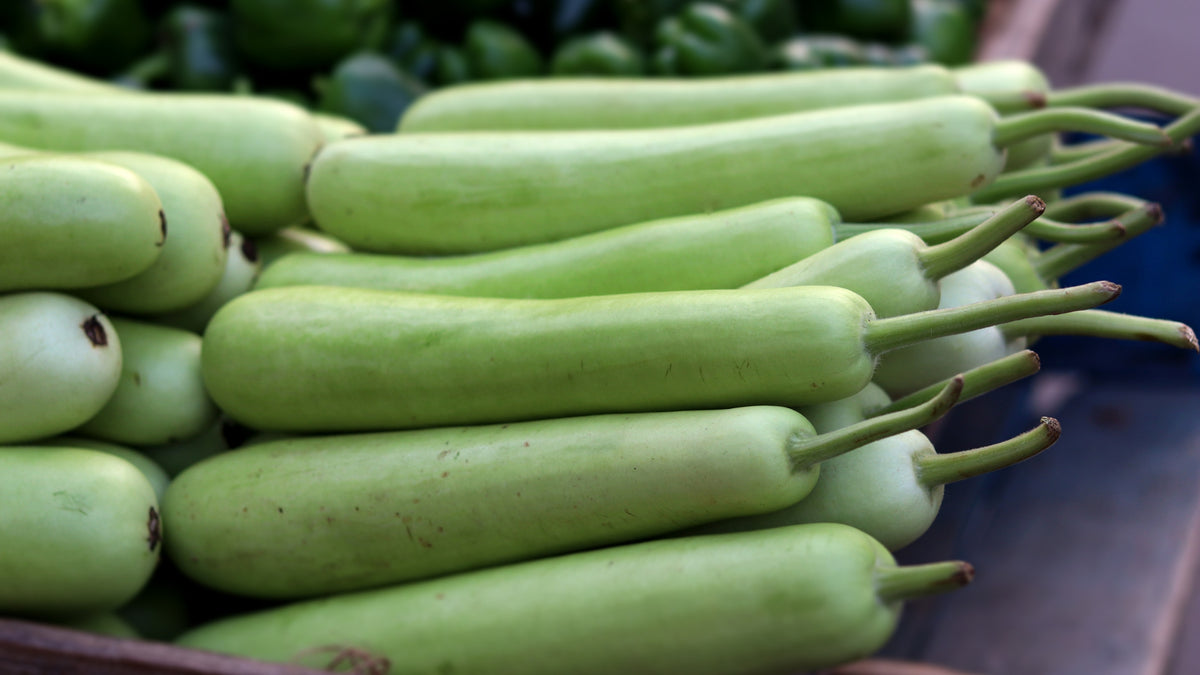
Spring is Kapha Season

Spring is kapha season and the time when kapha transforms from its winter solid state (ice and snow) to its spring liquid state (rain and mud). When the weather warms and melts kapha the same thing happens inside our bodies. For people with imbalanced kapha, the liquid state can make respiratory and digestive symptoms seem worse. Symptoms of imbalanced kapha include morning sinus congestion, dripping nose, watery eyes, low appetite, nausea, and feeling sluggish.
We are constantly affected by natural seasonal changes which directly affects the state of our doshas. In nature kapha is called soma, which means all things that are cooling and nourishing. Things like the moon, lakes, rivers, forests, and plant nectar all represent kapha in the natural world. When the winter season provides an abundance of cold, wet, and cloudy weather there is greater potential for excess kapha in our bodies. And if we also eat too many kapha provoking foods that are cold and too heavy to digest, then this will increase kapha symptoms even more.
Kapha and the Respiratory System
One of the main locations where kapha resides in the body is the respiratory system. When we inhale and exhale our lungs are protected by kapha’s moistening qualities. However, when kapha’s qualities of cold, moist, cloudy, heavy and stable are in excess, it accumulates and causes congestion in kapha’s home location the respiratory system. As the warm weather of spring takes hold many people experience respiratory symptoms of sinus congestion, coughing, watery eyes, blocked ears, allergies, and sinus headache. These symptoms may not be an actual allergic reaction to spring pollen and may be caused by excess kapha.
These symptoms are natural expression of excess kapha and may resolve on its own but more often it is stuck congestion that needs help moving out of the body. The remedy is to generate the opposite qualities of warmth, lightness, and dryness. Changing to a kapha pacifying diet and increasing exercise will often be enough to improve symptoms.
Symptoms of Excess Kapha in the Respiratory System
- Slow to wake up in the morning and sinuses are congested
- Runny nose and watery eyes
- Coughing and clearing the throat
- Whitish or grayish coating on the tongue
- Feeling foggy, lethargic, or heavy
Kapha and the Digestive System
The other main location where kapha resides is the stomach where digestion begins. When we begin to eat our stomach is protected from the acid by saliva or the moisture provided by kapha. However, when we eat too many high kapha foods during the winter season the saliva secreted is thick and congesting which slows the digestive process. Again, the same qualities of heaviness and dampness combined with cold accumulate and suppress the digestive process. As a result, digestion is sluggish, and we experience lowered appetite, nausea, indigestion, constipation, and weight gain.
Kapha Symptoms of Digestive Imbalance
- Wake up feeling groggy, takes 2 – 3 hours to feel hungry
- White or grayish coating on the tongue
- Low appetite
- Sticky, sluggish bowel movements, constipation
- Increased body weight
- Mind feels lethargic, slow or heavy
Managing Excess Kapha Symptoms
With proper seasonal modification, the effects of kapha will normally subside. Starting in the early spring season, it is important to eat lighter foods and increase exercise to counterbalance the heaviness of kapha. Avoiding foods that are heavy, cold, sweet, sour, and salty in favor of foods that are light, warm, astringent, bitter, and pungent will help pacify kapha. Meals cooked with ginger, shallots, leeks, cumin, black pepper, cinnamon, and chili aid the process of reducing excess kapha.
When the spring flowers begin to bloom, this is the time to increase your exercise routine. As well as dry brushing, herbal gargling, eye washing, and even therapeutic herbal smoking are recommendations to reduce kapha. After modifying your foods and increasing exercise, if you still have symptoms of excess kapha, there are Ayurvedic products to help manage excess kapha.
Products Supporting Kapha Respiratory Symptoms
- Talisapatradi Vatakam balances kapha dosha, the main herb Talisapatra (Abies spectabilis) supports and helps remove ama and mucus from the stomach and chest region, supports breathlessness and hoarseness.
- Vyoshadi Vatakam the main herb trikatu balances both kapha and vata dosha, helps expel kapha mucus from the chest area, soothes sore throat, and supports breathing and respiratory health.
- Haridrakhandam helps balance all three doshas, the main herb turmeric supports a healthy immune system and respiratory system, removes the accumulated ama and congestion from the body.
- Dasamulakatutrayadi Kwatham balances both vata and kapha dosha, the main herb dasamula helps support the respiratory system, eases breathing, helps reduce excess mucus and clears breathing.
- Sitopaladi Churnam balances vata and kapha dosha while promoting pitta dosha. The main herb Vamshalochana (bamboo) helps calm cough and sinus congestion caused by allergies.
Products Supporting Kapha Digestive Symptoms
- Varadi Kashayam contains the herbal formula triphala and helps to balance kapha dosha, improves agni or digestive fire, helps to lower excess meda or fat tissue and is good for balancing weight.
- Pippalya Asavam balances both vata and kapha dosha, the main herb pippalaya helps improve appetite and digestion, eases gas, bloating and heaviness, and removes excess kapha and ama from the gut.
- Chitraka Asavam balances both vata and kapha dosha, the main herb chitraka kindles digestive fire and digests ama, eases gas, bloating and heaviness in the gut.
AYURVEDIC CONSULTATION
Kottakkal is committed to offering the highest quality Ayurvedic Healthcare. We offer two ways to have an Ayurvedic consultation. 1. Free 15-minute Consultation with our Ayurvedic practitioner, Julie Wardwell, for when you need a product recommendation for a basic health problem. 2. In-depth Consultation with our Ayurvedic doctor, Vaidya Vishwanath Guddadar for when your condition is chronic with multiple symptoms.
Disclaimer: These statements have not been evaluated by the Food and Drug Administration. Kottakkal Ayurveda products and information are not intended for use in the diagnosis, treatment, cure, or prevention of any disease. If you have serious, acute, or chronic health problems, please consult a trained health professional. If you are seeking the advice of a trained Ayurvedic professional, call (800) 215-9934 or email us at contact@kottakkal.shop. We will provide you with information to consult with Ayurvedic professionals. Always check with your doctor before taking herbs when pregnant or nursing.
Also in Healing with Kottakkal Ayurveda

Food is Medicine - Organic Gongura Leaf
Gongura, often referred to as Indian sorrel, is a leafy green vegetable packed with an array of health benefits. This vibrant green is a treasure trove of essential vitamins, minerals, and antioxidants.

Food Is Medicine - Organic Bottle Gourd

Boosting Energy and Rejuvenation with Narasimha Rasayana
Narasimha Rasayanam is an herbal jam formulated with base ingredients of butter, honey, and milk. This time-tested remedy is believed to promote balance within the body's three doshas, vata, pitta, and kapha and supports a range of health concerns. From supporting physical strength and hair health to promoting rejuvenation and cognitive function, Narasimha Rasayanam offers a multifaceted approach to well-being.


Kottakkal Support